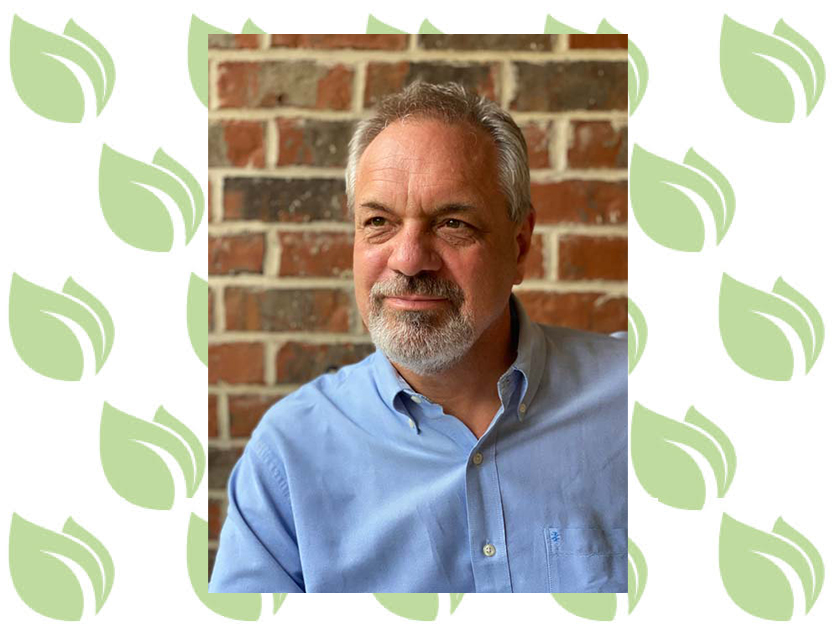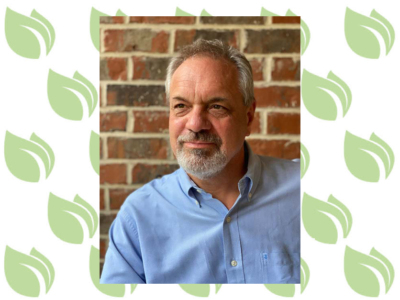Editor’s Note: Agri-Pulse and The Chicago Council on Global Affairs are teaming up to host a monthly column to explore how the U.S. agriculture and food sector can maintain its competitive edge and advance food security in an increasingly integrated and dynamic world.
A group of high school students in Chicago had one pressing question when meeting earlier this year with the company providing food service to their school.
“We did some research on your website and we found that ‘people are what matter most’ to you,” said one of the students, Ridwan Abdul Rashid, a senior at Sullivan High School at the time. “You say… ‘We are committed to enabling wellbeing and equity for both our people and every person we serve.’ ”
He and the students then projected a slide with their big question: “Is it equitable to deprive Muslim students of access to halal food?”
Aramark, the food service provider for Chicago Public Schools, at the time didn’t have a high school halal meal program featuring food, especially meat, certified as having been handled according to Islamic guidelines. At Sullivan High School on the city’s north side, often more than half of the students are children of refugee or immigrant families; a multitude of languages can be heard in the hallways. The students noted that at least 15% of their fellow classmates are Muslim. And yet, they highlighted, there was no halal certified food available in the cafeteria.
Ridwan and his friends presented results from a survey they conducted among fellow Muslim students: Almost all of the nearly 100 respondents said halal was important to them. More than 80% said they were always or often hungry in school because there were no suitable halal food options. Nearly two-thirds said they bring food from home, foregoing the free lunch and breakfast programs provided under federal programs; of those, three-quarters said they bring food from home because of the lack of halal options.
“When students feel hungry all day it can affect education in serious ways,” their presentation noted. “Unable to focus in class; always tired; no energy to participate in extra-curricular activities. This is not fair….”
The question from Sullivan High’s Student Voice Council, “Is it equitable?”, is a question that should also echo throughout the deliberations of the White House Conference on Hunger, Nutrition and Health set for Sept. 28. Equity and fairness were frequent themes heard during the listening sessions conducted by the Chicago Council on Global Affairs and World Central Kitchen, as well as those hosted by many other organizations in advance of the White House Conference.
The main issues of food insecurity in America have largely centered on the three A’s: Availability, Accessibility, Affordability. It is clear from the listening sessions that a fourth A needs to be included: Acceptability.
Is the food available in federal assistance programs acceptable to various communities with specific religious (such as halal or kosher), cultural, or physical requirements?
Asma Ahad, director of halal market development at the Islamic Food and Nutrition Council of America (IFANCA), based near Chicago, said the impact of nutrition inequities extends beyond individuals to the wider society. “Food insecurity is a real issue,” she said in a statement. “When these kids come to school and aren’t given the proper nutrition that meets their religious dietary requirements, they can’t be mentally and physically at 100 percent. They’re functioning at a suboptimal level. That has short and long term implications for their development.”
Ridwan, whose Rohingya family took refuge in Malaysia, where he was born, before moving to the U.S., describes the impact on his education: “I was always hungry in school, and tired. If I’m tired, I don’t want to do things, it was the same thing as other students.”
He says he and Muslim classmates would hurry home after school to eat. That meant missing after-school tutoring opportunities and extracurricular activities; few had the energy for sports. Relations became strained with teachers who criticized them for not participating in class as actively as other students. And he noted the economic burden on low-income refugee and immigrant families whose children couldn’t participate in the federally supported free breakfast and lunch programs that didn’t offer halal options.
“That’s not OK. That is wages lost by a family by having to prepare extra food so that their children can eat the next day,” says Josh Zepeda, immigrant and refugee social worker at Sullivan High. He was impressed, he says, by how the students themselves raised the clamor for change. “For me, the huge impact is seeing these young people take power. For students who are migrants and refugees who are told from the moment they get here that they are the lowest of the low…to find their dignity, to find their voice, to be able to say I deserve this, I am entitled to this free lunch, and just because I’m entitled to a free lunch doesn’t mean it has to be an undignified lunch. It should be a lunch that is nutritious and at the same time respects the dignity of each Muslim student.”
Justine Britten, nutrition program manager at Chicago Public Schools, was similarly impressed. “Our favorite thing is to see students advocating for change,” she said. “It’s inspirational.” As were Aramark representatives who attended the meeting, telling the students it was “genuinely one of the best student put-together presentations.…Really well done.”
In the wake of the meeting, Aramark introduced a halal program at Sullivan as part of a pilot program that also includes several elementary schools. The company noted it also works with a caterer to provide kosher meals that can be ordered by students. But some students remain concerned about the oversight and authentication of the halal process, and advocates of nutrition diversity in schools say such programs need to go further with certification assurances and expansion to more schools. Calls for city schools to adequately meet the religious, dietary, and nutritious requirements of students have been raised during city election campaigns.
Ridwan, now at Loyola University in Chicago, said the students were thinking big, beyond their own high school, from the beginning. He would like to see the White House Conference on Hunger, Nutrition and Health provide momentum to a national movement that would bring culturally acceptable food options to schools “in all 50 states. That’s something that I want the President and the leaders in our country to work on and make this a priority.”
Roger Thurow is a Senior Fellow on Global Food and Agriculture at the Chicago Council on Global Affairs, following three decades at The Wall Street Journal, including 20 years as a foreign correspondent. He is the author of three books on the persistence of hunger and malnutrition and is a scholar-in-residence at Auburn University’s Hunger Solutions Institute.
For more ag news and opinions, visit www.Agri-Pulse.com.


